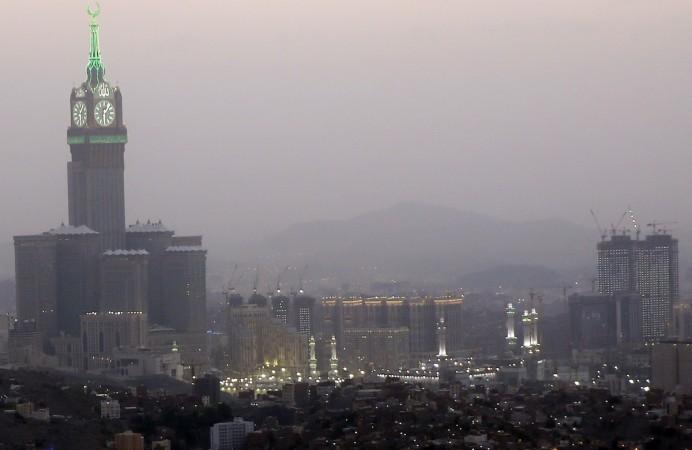
In an unprecedented move to attract foreign tourists, Saudi Arabia is set to offer online tourist visas to citizens of 49 countries for the first time, besides dropping its strict dress code for foreign female visitors.
Foreign female visitors will not be required to wear abaya, a compulsory loose over-garment for women in the Kingdom.
Another relaxation aimed at luring foreign visitors is that there is no restriction on unaccompanied female tourists, who can get online visa for $80.
Hitherto, the conservative Muslim Kingdom restricted its tourist visas to pilgrims, businessmen and family members of expatriate workers and was not encouraging leisure tourists.
"Visitors will be surprised... by the treasures we have to share - five Unesco World Heritage Sites, a vibrant local culture and breathtaking natural beauty," Tourism Minister Ahmad al-Khateeb was quoted as saying by the BBC. "We have a culture. We believe our friends and our guests will respect the culture, but definitely it is modest and it will be very clear."
However, the Kingdom will not allow non-Muslims to visit the holy cities of Mecca and Madinah, while the liquor ban will continue.
Saudi Arabia has been taking several social reforms as part of Crown Prince Mohammed bin Salman's bold steps to raise the participation of women in economic development.
For instance, the country last month allowed females to apply for passports and allowed those who are above 21 years to travel without permission from their guardians.
Riyadh is determined to strengthen the contribution of women to society and to the economy as part its ambitious economic diversification programme called Vision 2030, a blueprint for economic development that aims to create job opportunities for youths.
Economic Diversification
Developing tourism sector is crucial to Prince Mohammed's wider economic diversification programme to reduce its overdependence on oil revenue. Saudi, which aims to become one of the top global tourism destinations, plans to raise the contribution of tourism to its gross domestic product (GDP) to 10 per cent by 2030 from merely 3 per cent now.
The Kingdom has ambitious plans to raise international and domestic tourists to 100 million per annum by 2030, which will help create one million tourism jobs. As part of the move, Riyadh has already started a major tourism project to 50 islands on the Red Sea into luxury resorts to cater to the needs of both domestic and foreign tourists. Work has already been started for developing a massive entertainment city near Riyadh - Qiddiya – which will have high-end theme parks and motorsport facilities.

















